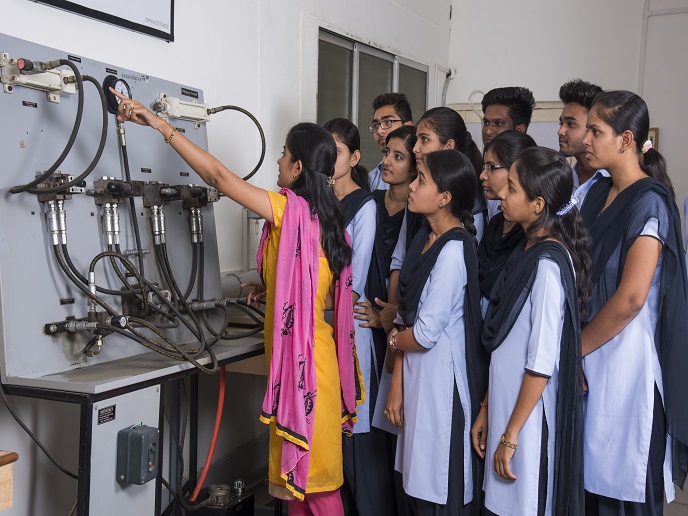Diary studies reveal global science communication realities
Given the increasingly prominent role that science plays in the daily lives of people around the world – affecting decisions in the health, energy, agriculture and industrial sectors, to name but a few – the ability to explain scientific principles and procedures is paramount in securing public support. Despite the global impact of science endeavours, most large-scale research into science communication has been concentrated in the United States and Europe, which have invested significantly in this field. “This has resulted in a somewhat biased representation of science communication, despite incredible work being carried out all over the world,” says Joseph Roche, project coordinator from Trinity College Dublin(opens in new window) in Ireland, host of the GlobalSCAPE(opens in new window) project. “With GlobalSCAPE we focused on regions of the world that have been given less focus in science communication research, especially the Global South.”
The diary studies
GlobalSCAPE used a diary study methodology. Over a period of around a year, participants were invited to provide short weekly reflections on the challenges and opportunities they experienced as science communication professionals. “Most research in this field relies on cross-sectional surveys which only give a snapshot of what is happening at one point in time. Diary studies provide more fine-grained data over a much longer period, reflecting detail and patterns over time,” explains Roche. The data was collected using proprietary software from project partner Qualia Analytics(opens in new window). The team also partnered with the Network for the Public Communication of Science and Technology (PCST) to map science communication in higher education globally(opens in new window). Science communication modules for science degree courses were also developed(opens in new window) and endorsed in two partner universities: Trinity College Dublin and Leiden University(opens in new window) in the Netherlands, embedding the project’s findings into education. Additionally, with the help of global partners – Ecsite(opens in new window), SciDev.Net(opens in new window) and Springer Nature(opens in new window) – GlobalSCAPE offered six in-person science communication training workshops(opens in new window) in different regions of the world, with some also online. Informed by co-creation sessions held with stakeholders, a GlobalSCAPE white paper(opens in new window) was also developed to inform policymakers and funding bodies of the support required to improve the current landscape of science communication. The white paper has been translated into the nine major languages(opens in new window) of the world to promote uptake on a global level.
Enhancing the field
Understanding the challenges and opportunities faced by science communication professionals working around the world is key to building trust between science and society, and it is a critical EU objective. “GlobalSCAPE’s work to better represent the range of science communication techniques around the world will give practitioners the chance to learn from each other and share best practice, leading to richer and more adaptive science communication,” concludes Roche. Some key project results have already been published, including an outline of the overlap between the fields of science communication and citizen science(opens in new window), as experienced by the diary study participants who work in both. Another paper explores issues of inclusion(opens in new window) that science communication professionals face when attending conferences, sharing the experience of members of the Science & Society Research Group at Trinity College. The GlobalSCAPE team also worked with the Journal of Science Communication to offer a Special Issue, ‘Science Communication in Higher Education: Global Perspectives on the Teaching of Science Communication’. Sixty-four initial proposals have resulted in seven peer-reviewed papers to be published by the end of 2023. Along with the seven other SwafS-19 projects, GlobalSCAPE has joined the Horizon Europe project, COALESCE(opens in new window), set up to establish a European Competence Centre for Science Communication.







